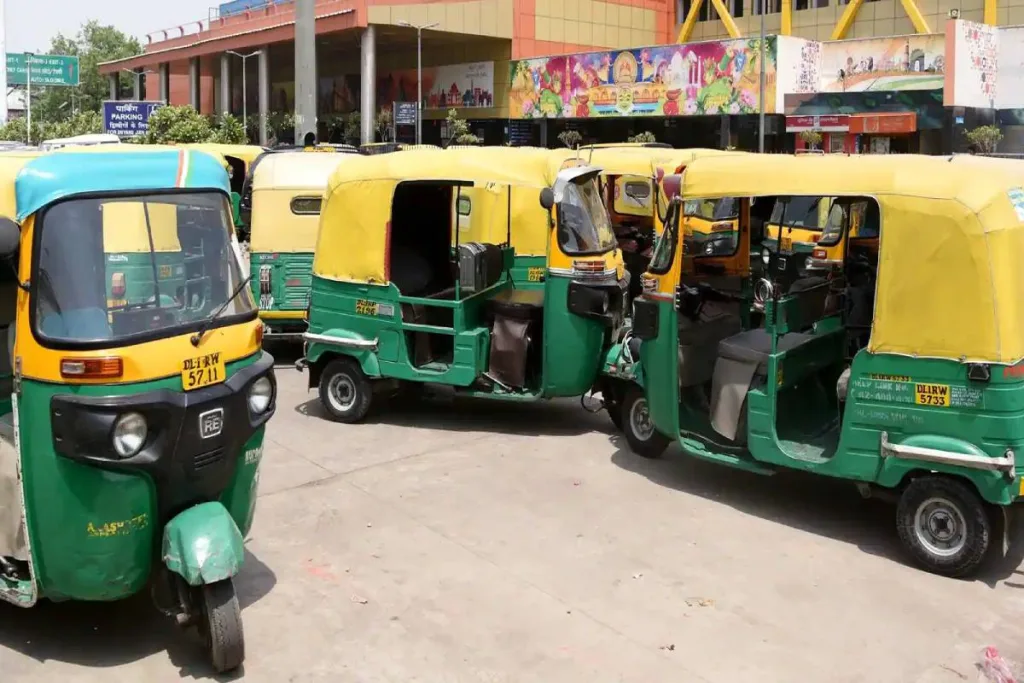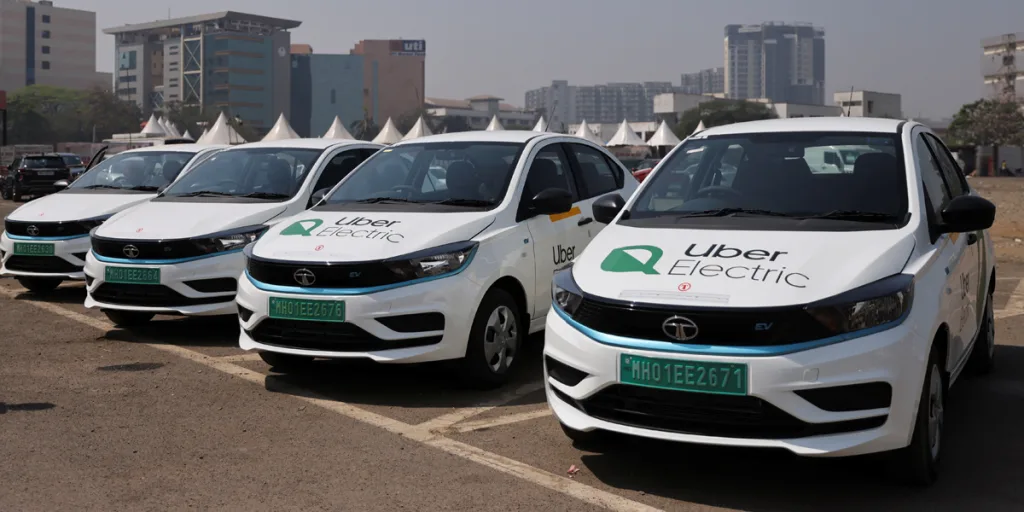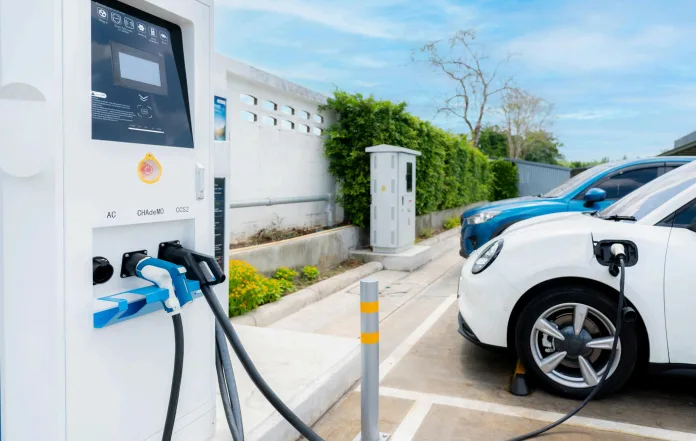In the heart of India’s bustling capital, a quiet revolution is brewing—one that promises to redefine urban transportation, combat climate change, and spark an economic renaissance. Delhi’s Electric Vehicle (EV) Policy 2.0 is more than just a policy document; it’s a visionary blueprint that aims to transform the city’s mobility landscape, create thousands of jobs, and position Delhi as a global leader in sustainable urban transportation.
Table of Contents
The Context: Why Electric Mobility Matters

Delhi has long grappled with some of the world’s most severe air pollution challenges. Vehicular emissions have been a primary culprit, contributing to a toxic air quality that threatens public health and environmental sustainability. The new EV policy emerges as a comprehensive solution, addressing multiple critical challenges simultaneously:
- Environmental Preservation: Dramatically reducing carbon emissions
- Economic Opportunity: Creating a new green technology ecosystem
- Urban Transformation: Reimagining city transportation infrastructure
Ambitious Targets: The Numbers That Tell the Story
Job Creation Powerhouse
The policy’s most striking promise is the creation of 20,000 jobs in the EV ecosystem. These aren’t just numbers—they represent real opportunities for:
- Skilled technicians
- Charging infrastructure specialists
- Battery management experts
- EV manufacturing professionals
- Research and development innovators
Vehicle Electrification Roadmap
By 2027, Delhi aims to achieve an unprecedented milestone:
- 95% of new vehicle registrations will be electric
- Comprehensive coverage across multiple vehicle categories:
- Two-wheelers
- Auto-rickshaws
- Delivery vehicles
- Public transport buses
Strategic Phased Transition
Systematic Vehicle Phase-Out

The policy introduces a meticulously planned transition timeline:
| Date | Milestone |
|---|---|
| August 15, 2024 | No new CNG auto-rickshaw registrations |
| August 15, 2025 | Ban on CNG three-wheelers for goods transport |
| August 15, 2026 | Prohibition of petrol and CNG two-wheeler registrations |
Infrastructure Development Vision
By 2030, Delhi envisions:
- A comprehensive network of public charging points
- Strategically located battery-swapping stations
- Accessible EV infrastructure across the city
Economic and Environmental Synergies
Green Job Creation Ecosystem
The policy goes beyond vehicle electrification by establishing:
- Specialized skill development centers
- Collaboration with academic institutions
- Comprehensive training programs for the EV sector
- Support for battery recycling infrastructure
Funding and Support Mechanisms
The ambitious plan will be powered by:
- Dedicated Delhi Clean Mobility Center
- Funding from the Air Ambience Fund
- Levies on non-electric vehicles
- Reinforced State EV Fund
Challenges and Opportunities
While the policy presents an exciting vision, it also acknowledges potential challenges:

- Battery technology advancements
- Charging infrastructure development
- Skill gap in emerging EV technologies
- Initial high costs of electric vehicles
Conclusion: A Transformative Vision
Delhi’s EV Policy 2.0 is more than a policy—it’s a bold statement of intent. By intertwining environmental sustainability with economic opportunity, the city is charting a course that other urban centers might soon follow.
The road ahead is electric, and Delhi is leading the charge.


